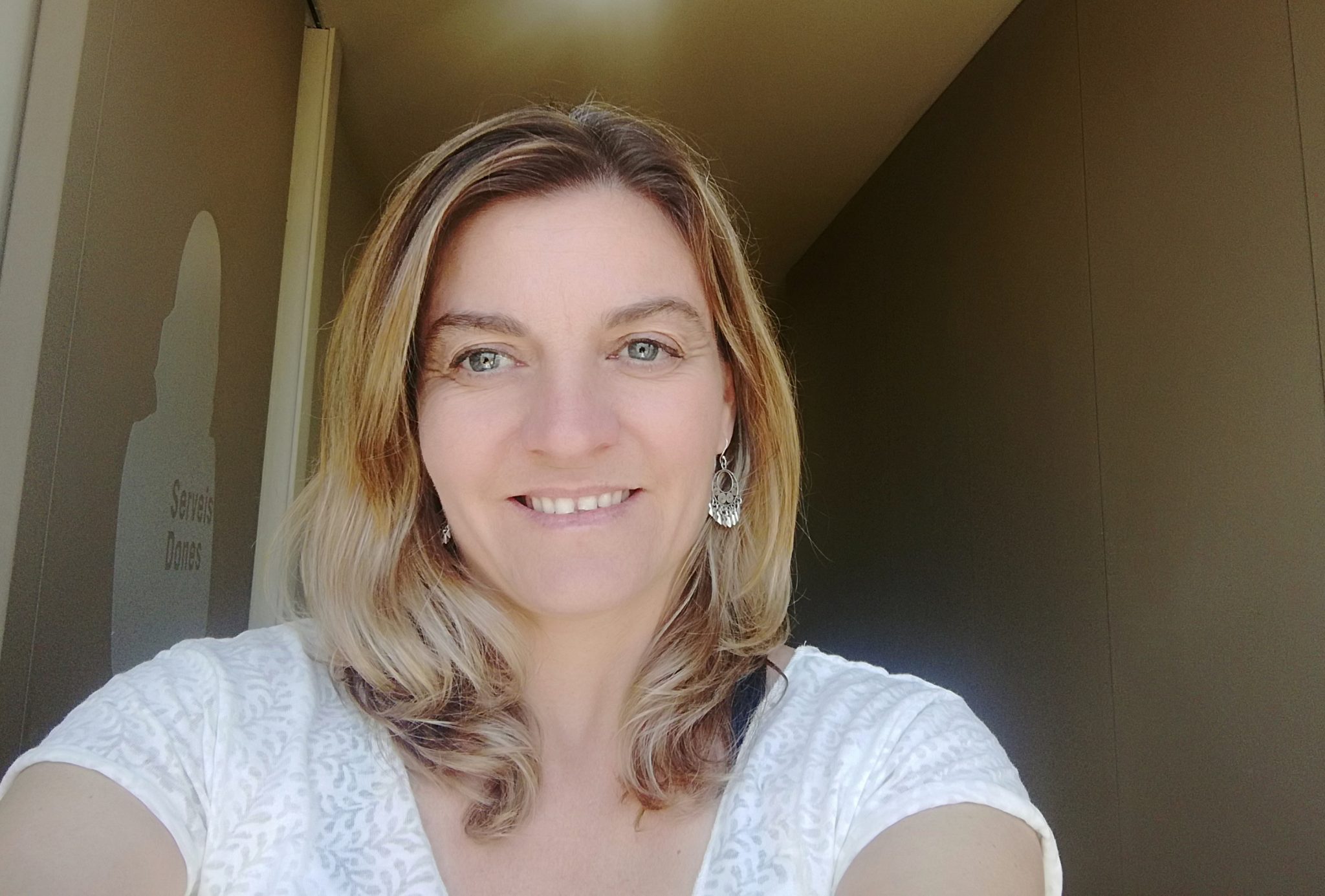
Country: Spain
Dr. Sílvia Gómez works as a researcher and teacher at the Autonomous University of Barcelona. She holds a PhD in Social Anthropology from the University of Barcelona and has in the past worked at the University of Barcelona and the CNRS (France). Her research often includes visits to international institutions, such as École d’Hautes Études en Sciences Sociales (Paris), University of Oslo, and, more recently, Faculty of Fisheries and Marine Sciences (IPB University in Bogor), as well as the University of Terbuka in Jakarta and Faculty Marine Sciences and Fisheries in Denpasar (Udayana University). During these visits, she conducts seminars about the importance of social sciences in fisheries science directed to undergraduate, PhD and post-doc students and lecturers. She is currently a member of the Interdisciplinary Group in Historical, Environmental and Cultural Research, a member of SeaHealth research team (UdG) and a researcher at the Artic Research Center (UAB).
Her interdisciplinary research has mainly focused on the study of the articulation between politico-legal provisions and social processes in different contexts, from a historical and ethnographic perspective. She has done research on socioeconomic status of small-scale fishing, small-scale fishing rights, marine governance systems, Marine Protected Areas (MPAs), local ecological knowledge, and fishing cultural heritage as key tool that can contribute to strengthening socio-ecological resilience and adaptability to environment.
Q: What are you currently working on within the context of small-scale fisheries?
I’m working on the socioeconomic sustainability assessment of fishing communities in northwestern Mediterranean. As for the small-scale fishing, we have to take into account that production and social reproduction of fisheries is no longer in the control of families, having become more dependent on market forces and market relationships. This aspect, together with other risks (e.g. over-exploitation, tight market competition, as well as the weak renewal of labour force and other business costs) are compromising fisheries profitability. Therefore, I’m investigating the current workers’ roles as they face new challenges, paying special attention to gender roles (men/women), addressing issues such as labour force, social innovation and entrepreneurship initiatives (marketing and labelling initiatives), as well as new perspectives on the involvement of fishers’ associations.
I’m also conducting research in the framework of European Blue economy on conflicts and interactions between small-scale fishing and recreational fishing in the Mediterranean MPAs. The main goal is to propose management recommendations in order to ensure environmental conservation, along with the protection of cultural heritage and livelihoods.
Q: If you could single out one or two most significant factors for securing sustainability of small-scale fisheries, what would these factors be?
First of all, I think it is important to recover and give value to the ecological knowledge, which is paramount as adaptation tool to address erosion and depletion of environmental resources, also considering the climate change effects. Also, we need to consider the history of fishing to capture transformations in socioecological relationships that can provide necessary information to face new challenges. Secondly, we need to establish co-management plans. We need to integrate social and cultural aspects in these management plans, along with the promotion of short supply chains in the vein of 'food sovereignty' so that marketing of small-scale fishing seafood products will be guaranteed in parallel to food security, which is especially necessary in the 'global south'.















